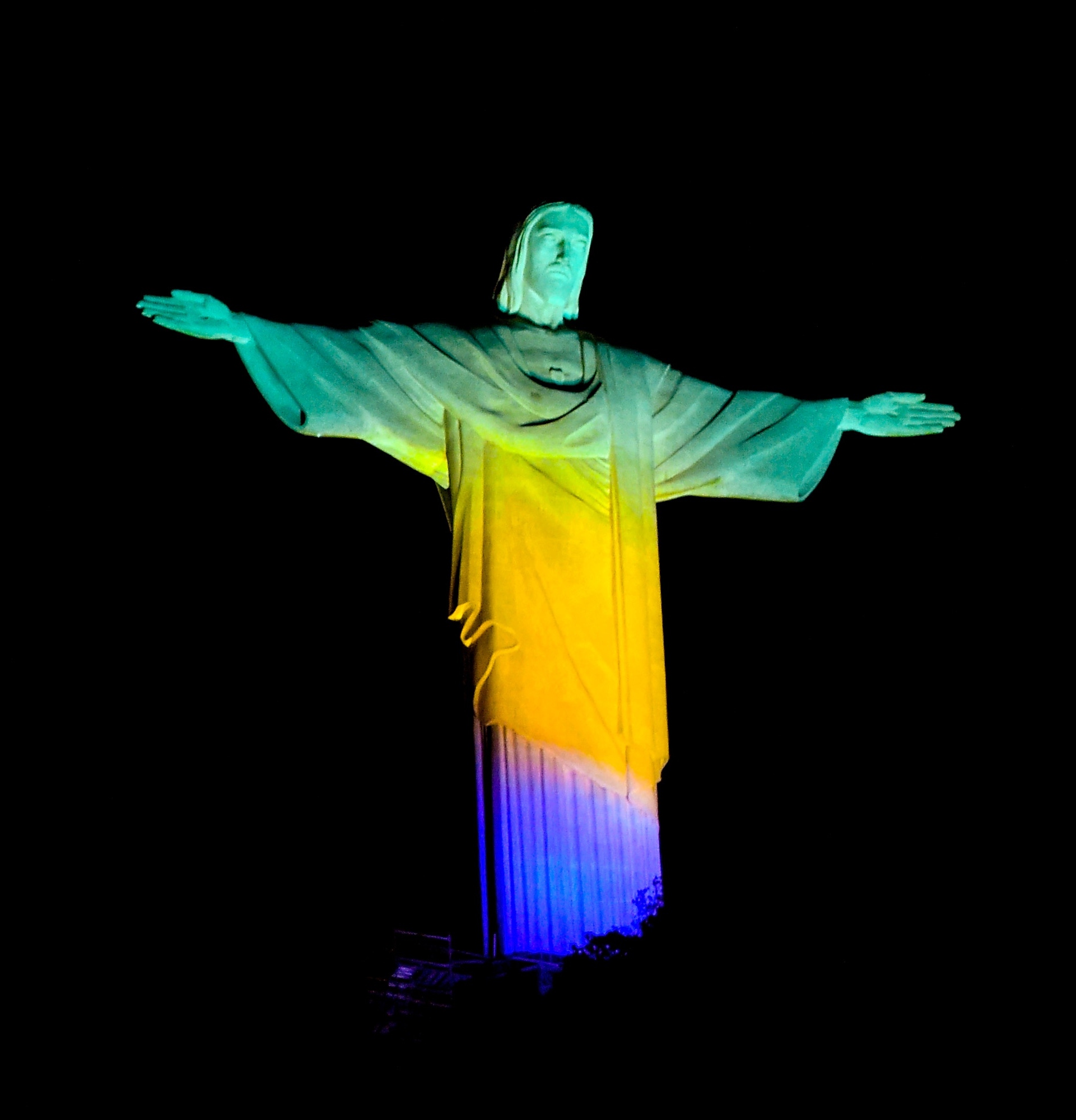BRIC wall: Brazil recession a headache for President Rousseff’s re-election hopes
Brazil’s economy has fallen into recession as millions of new middle class citizens tighten their belts and further dampen a credit-driven spending spree. The results are a blow to President Dilma Rousseff, who faces an increasingly tough reelection in October. The economy is also suffering because investors are waiting to see how the October election changes the economic winds. Even the recent World Cup played a part because workers took many days off, contributing to weak industrial output. The slump is a boon for Rousseff’s rivals ahead of the Oct. 5 presidential elections, particularly for environmentalist Marina Silva, who is now leading polls and tapping into Brazilians’ frustrations with a sputtering economy and poor public services.
Of course I’m spending a lot less! I’m feeling less confident about my financial situation and I’m thinking more about trying to save than spend.
Maria Sousa, a 25-year-old doing some window shopping but no buying at a mall in Rio de Janeiro
After blistering 7.5 per cent growth in 2010, Brazil’s economy has limped along. The long slide means there aren’t any regional shocks expected from the recession, but it still darkens the horizon for Brazil’s neighbors, many of whom send a large percentage of their exports into the nation. Argentina, whose economy is in recession and where citizens face inflation of 40 per cent, may be hurt the most. About one-fifth of Argentina’s exports flow into Brazil, but the amount Brazilians buy is forecast to shrink. Analysts say that to return to its days of fast growth, Brazil must undertake long-delayed reforms to its tax system, labor laws and bureaucracy.

brazil recession Americas